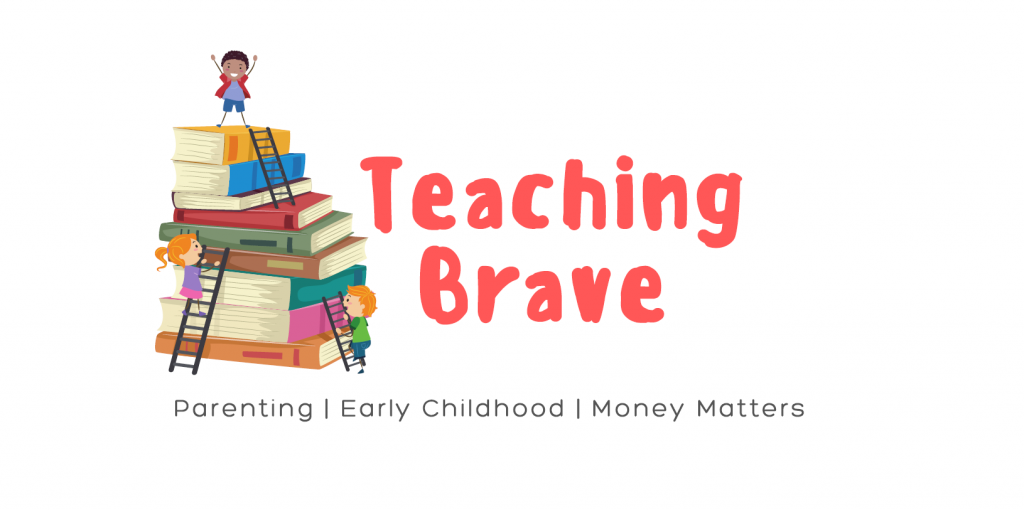Speech Therapy for Kids. Kids can fall behind, affecting future language development so knowing when to reach out for further support is important for all parents and caregivers.
Introduction to Speech Therapy for Kids
Every parent hopes that their child will meet their developmental milestones at the same time as the majority of children. Additionally, it is a very exciting time when a baby or toddler begins to use words to communicate. Some parents find that they are waiting longer for those much awaited first words and can become anxious when their child does not seem to be on track with the development of their language skills. It can also be incredibly frustrating for toddlers and children to experience difficulties in communication – especially when they have a lot to say but others don’t seem to understand. Thankfully, a speech therapist can be an invaluable resource when it comes to supporting a child’s speech and language development.

What is a speech pathologist?
A qualified speech pathologist can work with anyone who experiences difficulties in communicating. This can include difficulties with articulating speech and sounds, difficulties in understanding language and also difficulties related to literacy. Speech pathologists often work within daycare centres, preschools and schools, hospitals, community health centres and private practice where they work one on one or within groups to deliver speech therapy programs. Speech pathologists regularly work as part of an intervention team with other specialties such as occupational therapists, psychologist and paediatricians to ensure a holistic approach to necessary interventions.
Speech Therapy for Kids – Does my child need it?
Knowing when to seek support can be difficult for parents to determine due to the broad range of ‘normal’ that exists when it comes to child development. Knowing what is considered ‘typical’ development for your child’s age will help you make an assessment as to whether they might need some further support.

You might consider an assessment with a qualified speech pathologist if your child:
– Experiences problems being understood by other people
– Experiences difficulties understanding what other people say
– Experiences frustration because of communication difficulties
– Has a husky voice that is difficult to hear
– Experiences stuttering
Some other areas that a speech pathologist can support include:
– If your child has difficulties in swallowing
– If your child has an intellectual disability or needs other ways of communicating
– If your child has a history of ear infections and you are concerned about their communication skills.
A speech pathologist will be able to assess where your child is at with their speech and language development and then determine the best ways to help them further develop their communication skills. For some more information about what is or isn’t considered normal in terms of your child’s speech, visit the following link: Speech Delay at 3 Years Old: What’s Normal, What Should Be Evaluated (healthline.com)
How can speech therapy help my child?
Firstly, a speech pathologist can complete detailed assessments of your child’s speech and language skills to help them determine what kinds of support are required. A speech pathologist can work with children to help strengthen their speech muscles and help them learn to form sounds properly. They can also help with the quality and volume of speech and can even help improve swallowing and chewing – which can impact positively on feeding. In terms of language, a speech pathologist can work on expression and social appropriateness – which is often useful for children with autism who might find it difficult to interpret social cues. A speech pathologist will also model grammar and help build a child’s vocabulary. Much of the activities that a speech pathologist provides for young children are fun games that don’t make the child feel stressed or under pressure.
At what age should I worry about my child’s speech?
As with all milestones, there is much variance in terms of when individual children will meet them but it is helpful to know what to look for in terms of identifying if there might be a problem. When it comes to young babies, if you notice that your baby doesn’t respond to sounds or is not vocalising then it is a good idea to get them checked out. For toddlers and older children, here are a few things to look for to help identify if there might be a good reason for visiting a speech pathologist.

If by 18 months old, your toddler is:
– preferring to use gestures rather than vocalisations at 18 months old.
– having difficulty imitating sounds at 18 months old.
– doesn’t seem to understand simple verbal requests at 18 months old.
If by 2 years old, your toddler is:
– imitating speech or actions but not producing words spontaneously
– only able to say a few words or are not using oral language to communicate their needs.
– not able to follow simple instructions
– speaking with an unusual sounding voice (raspy or nasal)
For older children, you might consider visiting a speech pathologist if their speech is more difficult to understand than others their age. By four years of age a child should be mostly understood by unfamiliar listeners.
The following chart is useful in determining what is age-appropriate in terms of typical speech and language development: Stages of Language Development Chart – Kid Sense Child Development.
Does delayed speech mean autism?
There are a great many reasons why a child may require some speech intervention and autism is only one of them. Whilst it is true that slow speech development can be an indicator of autism, there are many other indicators that must be considered to determine a diagnosis of this kind.

Speech and language delays are actually far more common than many people realise. A speech delay might simply mean that a child hasn’t caught up with this particular milestone yet – but eventually they will.
Some other conditions that can cause a speech and language delay include:
– Speech and language disorders (such as apraxia).
– Hearing loss
– Mouth, tongue or palate problems
– Intellectual disabilities
– Neurological problems
Whilst this list night be concerning for parents, it is important to remember that many children experience speech and language delays but catch up with the help of a speech pathologist. If you would like to know more about autism, check out the following link: https://thespectrum.org.au
How can I improve my child’s speech?
Most education professionals recognise parents as a child’s first and most influential educators. This means that there are so many things that parents can do to support their child’s speech and language development.
Immersing your child in a language-rich environment will do wonders for their speech and language development. You can do this by focusing on communication with your child from birth. Talking, singing and reading to your child will help expose them to new vocabulary and give them opportunities to practice using their own speech skills. Using everyday situations to engage in talk is a simple but effective way to help grow your child’s communication skills.

If you do suspect that your child has a speech or language delay, recognising and getting some intervention early is the best option. Speak to your doctor if you have any concerns and they will be able to connect you with other beneficial services – including a speech pathologist. You may even be eligible for some free sessions of speech therapy, covered by Medicare. Your doctor can let you know if this is an option for you.
Can a child with speech delays catch up?
In cases where a child is presenting as a ‘late-talker’, with support they are often able to catch up to their peers. The difficulty is that it can be challenging for parents to identify if their child is just a ‘late-talker’ or if there is another underlying reason for their lack of language. Either way, an assessment by a speech pathologist will help determine what is going on for your child so that appropriate support and resources can be accessed to help that child progress as well as possible.
Summary – Speech Therapy for Kids; How Do I Know if my Child Needs It?
Whilst the realisation that your child might be having some difficulties in an area of their development can be scary, early intervention and access to support will give them the best possible chance at reaching their full potential. Engaging the services of a speech pathologist and accessing speech therapy can help a child improve their speech and language skills and give parents some tools for supporting their child at home. If you are interested in finding a local speech pathologist, Speech Pathology Australia offers a useful tool to search for these services in your area: Find a Speech Pathologist (speechpathologyaustralia.org.au)






I find it helpful to know that I should take my child to a speech therapist if they have language delays because they could find out the underlying cause and assess the child to help them with their speech impairment. My niece Lola is already three years old but still hasn’t said a single word. Her mom, who is my sister, thinks she’s just a late blommer. I’m worried about my niece so I’ll try to convince my sister to take her to a speech therapist soon. Thanks!
You’re welcome and thanks so much for reading and commenting! You’re right, it’s best to get professional advice if there are concerns- that way if intervention is required, it can begin early enough so that the child can catch up and be as school ready as possible when that time comes! Some children do just develop later but it can’t hurt to get a professional opinion from a speech therapist – it can only help. Take a look at my School Readiness article too, it might help for your niece if she will be starting school in the next couple of years.